Digitale Grundbildung - Digital Education Analysis
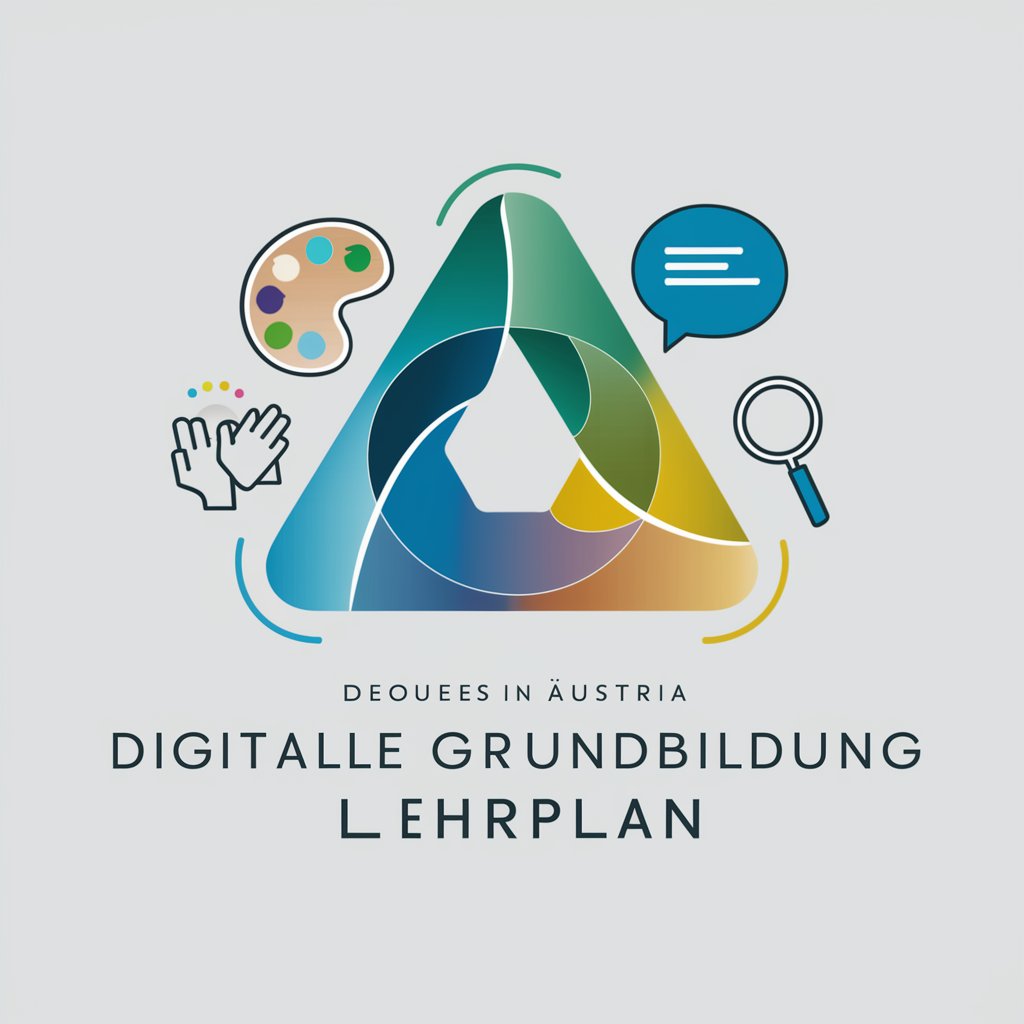
Welcome to Digitale Grundbildung Lehrplan!
Empowering Digital Education with AI
Explain how digital transformation influences...
Describe the importance of critical thinking in...
How can collaboration tools enhance...
Discuss the role of creativity in...
Get Embed Code
Overview of Digitale Grundbildung
Digitale Grundbildung, focusing on Digital Basic Education, is fundamentally designed to analyze and implement the curriculum for 'Digital Education' in secondary schools in Austria. The curriculum aligns with 21st-century competencies and the Frankfurt Triangle model, focusing on the educational perspectives and dimensions in the context of digital transformation. It is not just about imparting technical skills but also about fostering critical thinking, creativity, collaboration, and communication (the 4 Cs of 21st-century skills). For example, students learn to compare life and work in a digital society with analog approaches, understand how personal data is stored and used, and engage in respectful online communication. Powered by ChatGPT-4o。

Key Functions of Digitale Grundbildung
Curriculum Analysis and Implementation
Example
Analyzing how digital devices work and their components, as per the first-year curriculum.
Scenario
In a classroom setting, a teacher uses the curriculum guidelines to explain the workings of a digital device, highlighting its components and their functions.
Fostering Critical Digital Skills
Example
Teaching students to perform online searches effectively and evaluate internet information.
Scenario
Students are assigned a project where they must research a topic online, critically evaluate the credibility of their sources, and present their findings.
Promoting Digital Citizenship
Example
Guiding students in understanding the ethical and societal implications of digital media.
Scenario
During a lesson on digital citizenship, students discuss the impact of social media on society, focusing on aspects like privacy, data security, and respectful communication.
Target User Groups for Digitale Grundbildung
Educators and Teachers
Educators in secondary schools benefit from this as it provides a structured curriculum for imparting digital literacy, ensuring comprehensive coverage of essential digital skills and knowledge.
Students in Secondary Schools
Students are direct beneficiaries, as the curriculum is designed to equip them with necessary digital competencies, preparing them for the challenges of the digital age.
Educational Policy Makers
Policy makers can use insights from this curriculum to shape broader educational strategies and policies around digital education, ensuring that they are in line with modern educational needs and technological advancements.

Usage Guidelines for Digitale Grundbildung
Initial Access
Visit yeschat.ai for a free trial without login, also no need for ChatGPT Plus.
Understanding the Curriculum
Familiarize yourself with the digital education curriculum for secondary education in Austria, focusing on the integration of 21st-century skills.
Explore Functionality
Utilize the tool to explore various aspects of digital education, including media literacy, digital competence, and critical thinking.
Application in Educational Contexts
Apply the tool's insights to design and implement digital education programs, tailoring content to specific educational needs.
Continuous Learning
Regularly update your knowledge on digital education trends and use the tool to stay informed about new teaching methods and technologies.
Try other advanced and practical GPTs
Short Squeeze Scout
AI-Powered Short Squeeze Strategist

Calculus Tutor
Empowering Calculus Learning with AI

Dog Facts 🐶
Paw-some AI-powered Dog Fact Companion

URL Shortner 🔗
Shorten URLs with AI Simplicity

Homework Help 📚
Empowering Your Learning with AI
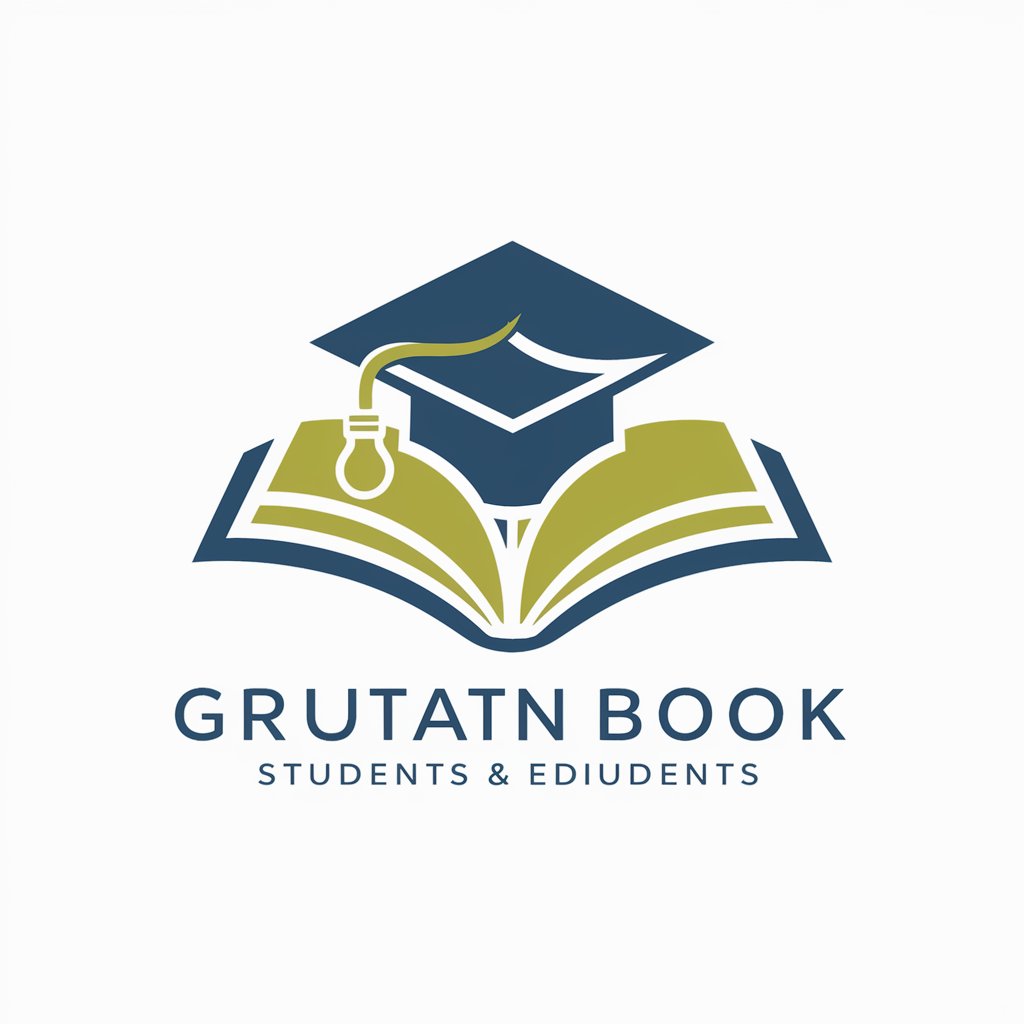
File Converter 📁
Transform Files Seamlessly with AI
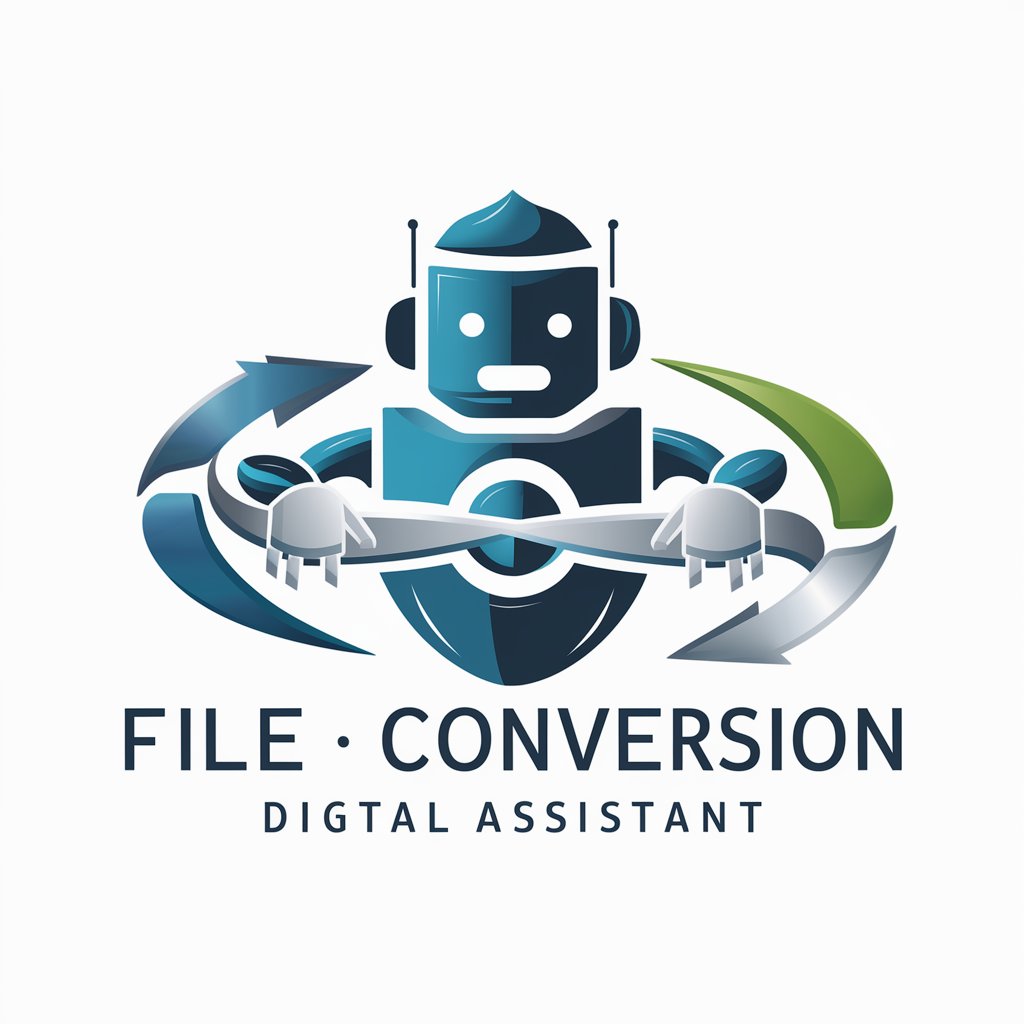
Threat Modelling
AI-Powered Security Insight and Strategy
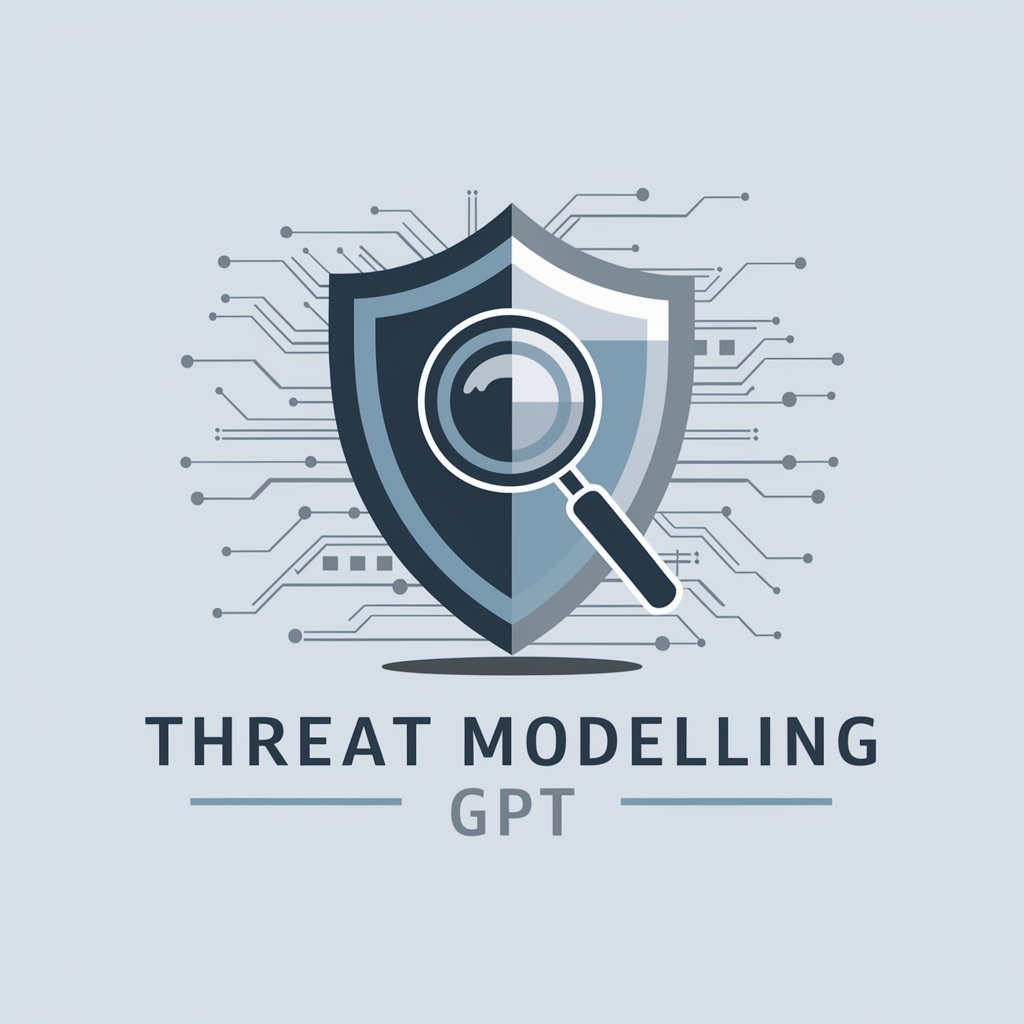
CE5 Guide
Guiding Your Journey Beyond the Stars

ThermomixGPT
Elevating Cooking with AI-Powered Guidance

Unspoiled
Discover content, worry-free.

4 Frame Manga Creator
Craft Your Story with AI-Powered Manga

Debate Maker
Elevate discourse with AI-powered debate
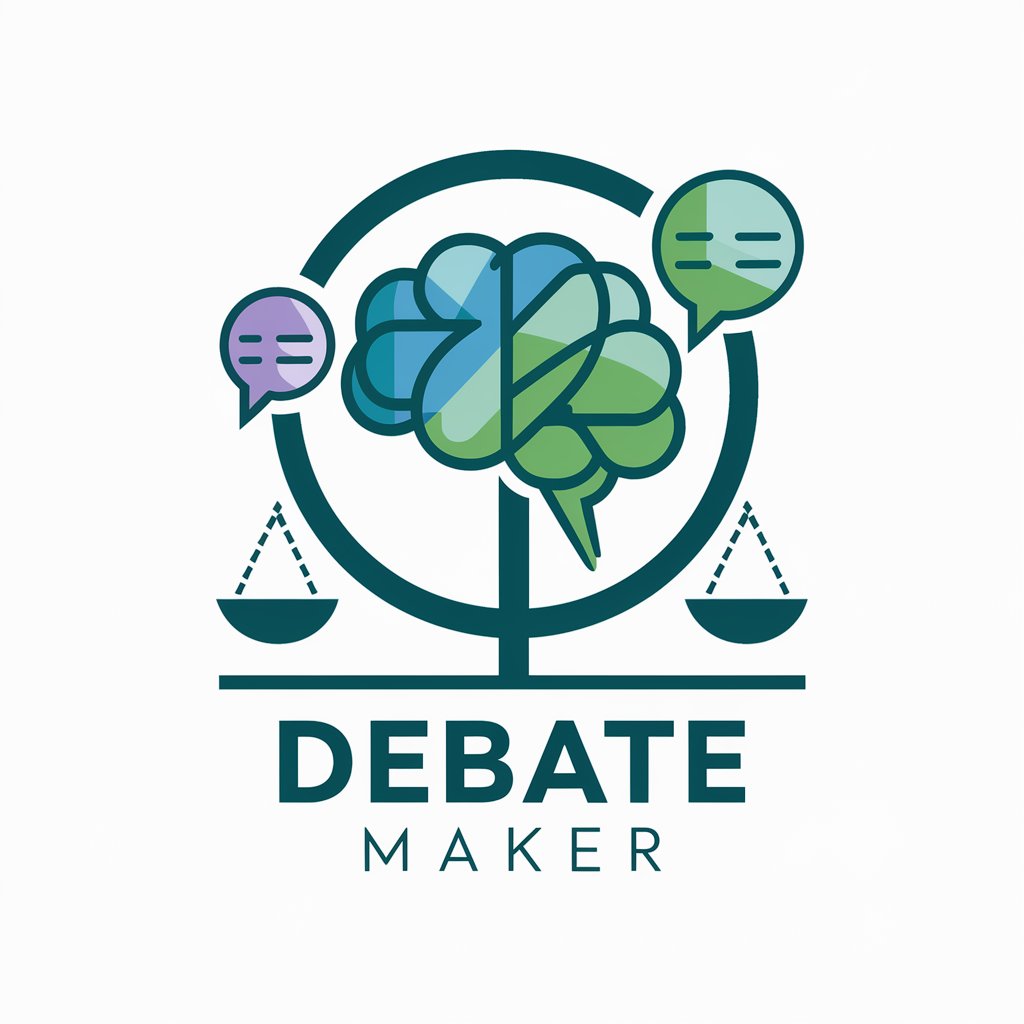
Q&A about Digitale Grundbildung
What is the main focus of Digitale Grundbildung?
The main focus is to analyze and implement the digital education curriculum for secondary education in Austria, emphasizing 21st-century skills and the Frankfurt Triangle model.
How can Digitale Grundbildung enhance teaching methods?
It provides insights into integrating digital competencies into teaching, promoting critical thinking, collaboration, communication, and creativity in educational settings.
Can Digitale Grundbildung be used for curriculum development?
Yes, it aids in developing and structuring digital education curriculums, aligning them with educational standards and contemporary digital transformation perspectives.
Does Digitale Grundbildung support individualized learning?
It provides guidance on tailoring digital education to diverse learning needs, ensuring inclusivity and effectiveness in teaching methodologies.
How does Digitale Grundbildung align with current educational trends?
It stays updated with the latest digital education trends, incorporating new technologies and pedagogical approaches to enhance digital literacy and competence.
